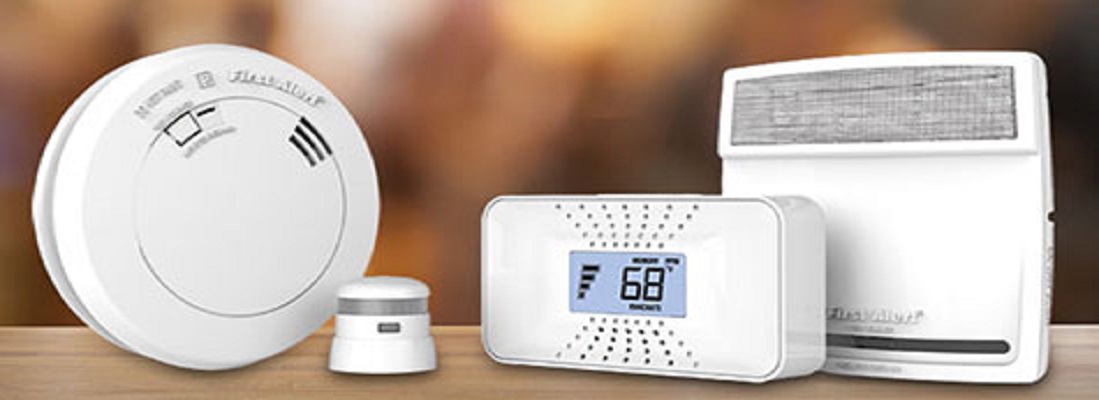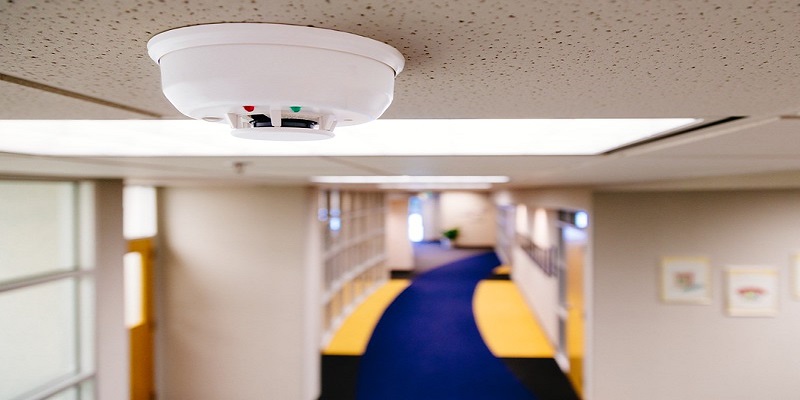
Fire Alarm
A fire alarm system has a number of devices working together to detect and warn people through visual and audio appliances when smoke, fire, carbon monoxide or other emergencies are present. These alarms may be activated automatically from smoke detectors, and heat detectors or may also be activated via manual fire alarm activation devices such as manual call points or pull stations

Installing
Automatically actuated devices can take many forms intended to respond to any number of detectable physical changes associated with fire: convected thermal energy; heat detector, products of combustion; smoke detector, radiant energy; flame detector, combustion gasses; fire gas detector, and release of extinguishing agents; water-flow detector.
- Fire Alarm Initiating Devices.
- Fire Alarm Notification Devices
- Fire Alarm Control Panel (FACP)
- Backup Power Supply
- Remote Control and Display Panels
- An automatic fire alarm system

Repair
Are there other concerns in deciding whether to replace the fire alarm system or reuse or upgrade the existing fire alarm system? Yes, there are other significant and potentially costly concerns when “upgrading the fire alarm system” or “replacing the fire alarm system.”
- Auto Ignition Temperature (AIT)
- Automatic Fire Detection and Alarm System
- Automatic Sprinkler System
- Emergency Lighting System
- . Fire Detector
- Latent Heat of Vapourisation

Manteinance
When replacing the fire alarm system, local code for existing buildings may allow a device-for-device replacement, without making any operational or functional changes from the way the existing system currently operates. Simple replacement may be the right option provided the existing fire alarm system meets local accessibility requirements.
- Periodic system testing and inspection by qualified specialists
- systems in this category need close attention
- system failure or nuisance alarm problems.
- improper monitoring of system components will occur.
- need testing and inspection by trained specialists
- Simulate inputs and test the annunciators.
Security saving tips
- Make sure all windows are fitted with key-operated window locks.
- Check that all windows and doors are locked before going to bed.
- Never leave keys in window or door locks..
- Hide expensive equipment, such as mobile phones and laptops, from view. .
- Keep your valuables in a safe place and out of sight.
- Set a timer to switch your lights on and off at varying intervals when you're out to make it look like someone is at home.